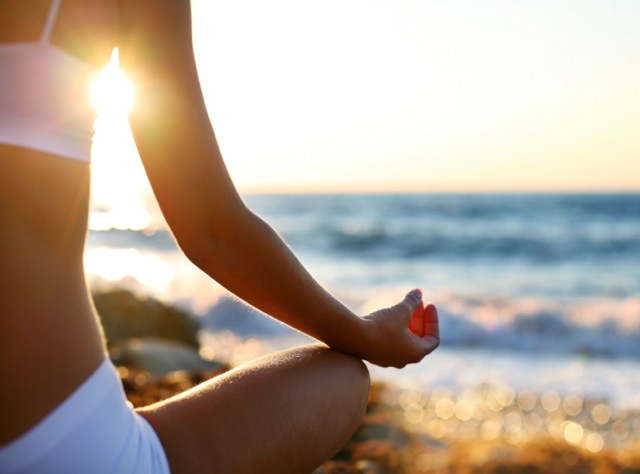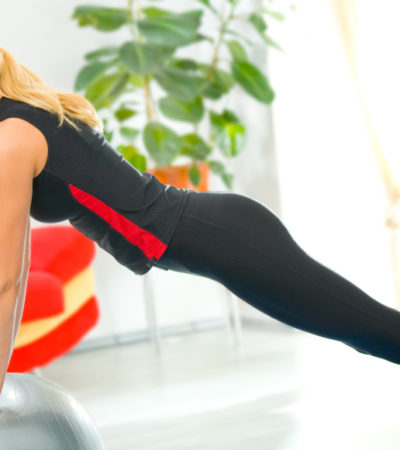If you’ve been watching the Winter Olympics in Sochi you may have witnessed the athletes behaving in a rather unusual way. Before the women’s downhill got underway, the camera cut to a number of the athletes who were preparing for their Olympic run. With eyes closed, heads down and arms waving, the athletes looked to be performing something that resembled the traditional “dad dance“ reserved for tipsy weddings and birthdays. The reason for these rather odd gesticulations was either a) a bride’s father had infiltrated the Olympic coaching team or b) they were mentally going through the course, practicing every twist and turn from memory. This process of visualisation is quickly becoming the norm for almost every major sporting team. Sean McCann, senior sports psychologist for the USOC, is in fact taking no fewer than 12 sports psychologists to Sochi. Preparing the mind to cope with not only the pressures of Olympic competition, but the imminent danger of travelling up to 80mph down a mountain on two sticks, can make all the difference between winning and losing.
In using visualization and meditation, the athletes imagine themselves performing the athletic endeavor they’re about to perform. They create the image of succeeding in their mind. Over time, this process actually helps train the body to perform in the manner your mind crafts, allowing the body to execute the moves prescribed by the mind.
So why does it work? What happens to the body when athletes meditate and train their minds to cope with these immense pressures?
Research in The British Journal of Sports Medicine examined the practice of (mindfulness) meditation on pre-competition stress in elite shooters. Salivary cortisol levels were taken as a physiological marker of pre-competition stress (raised levels of cortisol have been found to be associated with stress). After four weeks of meditation, researchers found there was a significant decrease in levels of the stress hormone cortisol, and there was a significant increase in shooting performance scores. Reducing these physical effects of mental anxiety can ultimately help an athlete to focus and deal with the fear of failure. Preparing the mind so the body will compete without error in those critical seconds.
Meditation it would appear, works! Allowing the mind to develop more progressive patterns of thinking is crucial to fulfilling your potential. It’s also being used in the lengthy waiting periods between events. Conserving energy that can be better applied during competition.
Jamie Anderson, the winner of the snowboarding slopestyle event, said about her preparation the night before the final:
“Last night I was so nervous I couldn’t eat. I put on some meditation music, burned some sage, got the candles going and tried to do a little bit of yoga and meditate.”
Wise words indeed!
There is a general perception that you do in fact need candles, gentle music and pictures of water lilies to “get in the zone”. But the practice of meditation can be performed almost anywhere. How we react to and perceive the thoughts we all have throughout the day, can be practiced almost anywhere, from travelling on a train, to walking to work. The world may stay the same, but our perception and how we react to events will almost certainly change.
Here are some tips to help you cope with the stresses of every day life;
Do some focused breathing exercises
Go for deep inhalations, breathing through the nose and really filling the chest and belly (without strain). Then gently exhale and really empty the lungs and belly. Feel the release of tension on the exhale.
Observe the sensations of the body
Close your eyes, sit quietly, and allow your awareness to identify the most dominant sensation you can feel. Are you knees feeling fizzy, is there a knot in the stomach? Is there tension in the neck? Whatever it is, allow the attention to gently go there, slowly you may find the intensity of the sensation dissipating. It’s amazing how calming this can be.
Practice regularly
This will allow you to skilfully handle all situations. Search for a technique that resonates with you and if possible, get personal training from a professional teacher. This way you can become self sufficient in using advanced tools for overcoming all of life’s dramas.
I’m sure there are many other lessons that can be learnt from the Winter Olympics, lessons that can be transferred into all aspects of life, from how we cope with the stresses of work, to providing clarity and understanding in our often complicated relationships. There’s an intrinsic connection between how we think, and how our bodies behave. Something the best athletes in the world have known for a long time. They say that sport is 90% mental and 10% physical; I just hope the same applies to dancing!
About the Author: Will Williams is the founder of Will Williams Meditation and works with individuals and organisations across Europe to help them access their full potential. Follow him on Twitter













